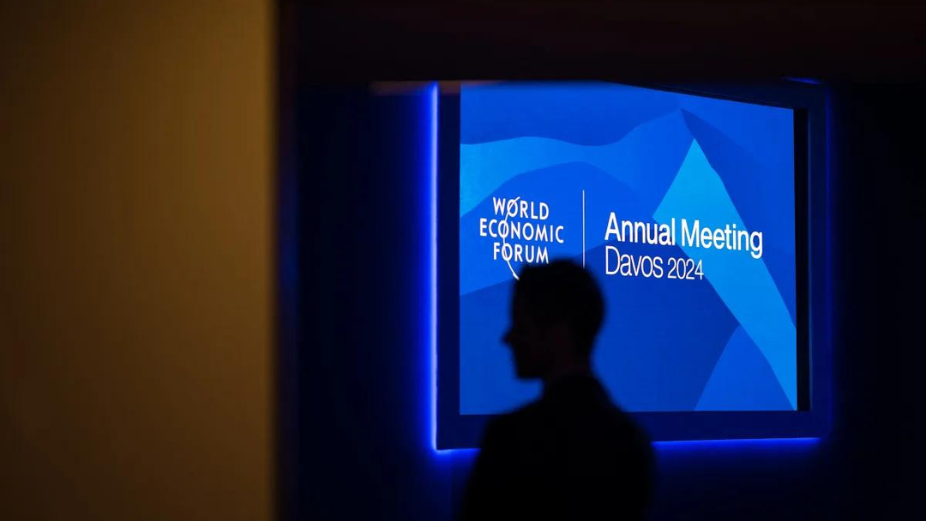
At the recent World Economic Forum in Davos, business leaders from around the globe discussed the increasing reliance on scenario planning as a tool to safeguard supply chains and mitigate potential impacts from unforeseen geopolitical crises. This approach has significant implications for the Maldives, an island nation whose economy is heavily reliant on global trends and supply chains, particularly in its dominant tourism and fisheries sectors.
With many CEOs and executives expressing optimism about the U.S. economy in 2024 but concerns about China and Europe, the Maldives faces a delicate balance in navigating these global economic waters. The country’s economic ties with these regions mean that any shifts or shocks in these economies could have direct repercussions on its own economic stability, especially in terms of tourism flow and trade.
The backdrop of conflicts in the Middle East and Ukraine, coupled with impending elections in numerous countries, adds layers of complexity to this scenario. The Maldives, while geographically distant from these conflict zones, is not immune to their indirect impacts, such as fluctuations in global market prices, which can affect the cost of imports and the stability of its supply chains.
David Garfield’s emphasis on the need for scenario planning resonates strongly with Maldivian businesses. With the pandemic having already tested the resilience of the Maldives’ supply chains, the focus now shifts to future-proofing against other global disruptions. This includes planning for potential supply shortages of critical raw materials, a concern particularly relevant to the Maldives’ construction and development projects.
The Maldives could take cues from companies diversifying their supply chains as a response to global uncertainties. For example, Japanese companies, as mentioned by Takeshi Niinami, CEO of Suntory, are considering reducing their over-reliance on certain sources, which is a strategy that could be beneficial for Maldivian businesses as well.
The potential for supply chain dislocations to reignite inflation is a concern that the Maldives must also heed, especially given its heavy reliance on imported goods. The International Monetary Fund’s forecast suggests a global economic environment of moderate growth and high interest rates, a scenario that Maldivian financial planners and businesses will need to prepare for.
In terms of the domestic response, the Maldives can learn from global leaders who are adopting a cautious yet optimistic approach. The focus on sustainable growth, as highlighted by Bank of America’s CFO Alastair Borthwick, and the anticipation of a possible turnaround in economic conditions in the next 18-24 months, as mentioned by Jesper Brodin, CEO of IKEA-owner Ingka Group, could serve as a model for Maldivian businesses and policymakers.
The uneven mood at Davos, with Europe lagging in growth, could be a pointer for the Maldives to diversify its economic engagements and reduce over-reliance on specific markets. Siemens’ observation of market slowdowns in the Eurozone and the balancing act of a global company offers a strategic insight for the Maldives, which relies heavily on European tourists.
The discussions and insights from the World Economic Forum provide valuable lessons for the Maldives. As the country navigates its economic path in the face of global uncertainties, adopting scenario planning, diversifying supply chains, and preparing for potential global economic shifts will be key to maintaining its economic resilience and growth.












